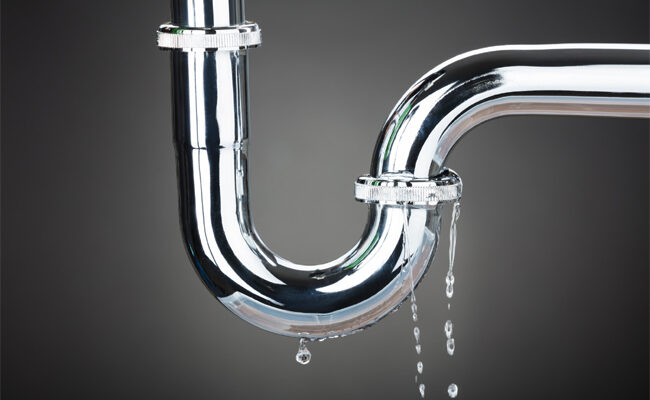
Drip. Drop.
Ever look at your faucet or heater and notice it’s leaking? Most people tend to brush off leaks in the home, especially when they’re “minor.”
You might want to rethink this. The average household leaks waste as much as 10,000 gallons of water a year.
Any time a pipe is leaking, there will also be an increase in your water bill if you leave it be. Damage will soon follow. There’s something you can do when you notice leaks. Keep reading to learn what they are.
1. Shut off the Water
The first thing you should do when you notice leaking is to turn off the water from the source. The quicker and sooner you take action, the better. Acting fast will minimize the chances of water damage.
Once you shut off the water from the source, it’s a good idea to allow the faucet to drain the remaining liquid in the pipes. You may need to do the same thing in other rooms. Larger leaks may require you to power off your electricity.
2. Locate the Source
Pipe leaks may be isolated in one room such as the kitchen or widespread. If it is the latter, you will need to look in other rooms in the house like the bathroom.
Aside from the sinks and cabinets you also need to look at the walls and ceilings to check for water damage. Check for any wet spots and look for bulging to identify if there is water damage.
3. Call for Professional Help
In some instances, you may be able to do damage control on your own or temporarily to prevent further damage. For example, it’s a good idea to patch up areas that have a crack or opening before major repair.
Nonetheless, regardless of the size, pipe leaks are best cared for in the hands of professionals. You should get plumbing and heating involved to help.
They can access and determine the severity of the damage and fix or replace the pipes. You may also need to bring in your electrician if there is also damage to your electrical system.
4. Document the Damage
Repairing pipe leaks can be costly. If you do notice the pipe leaks left damage, you can document this and start a claim with your insurance.
Be sure to take pictures and videos of the areas where the pipe is leaking as well as the surrounding damage. Water damage can breed microbes and mold, which is a major safety issue. Homeowner’s insurance will review your claim with the evidence you show and may help pay for most of the total cost.
Act Quick When a Pipe Is Leaking
You want to address the problem early when you notice your appliances or pipe is leaking. Leaving it be will cause water damage to your property and equipment. Deciding not to fix a small issue will turn into a major expense down the road.
You won’t leave it alone now that you’ve read this article. Go on; take care of it.
If you loved this article, don’t be a stranger and check out other informative posts we have related to everything home improvement and real estate.
Leave a Reply